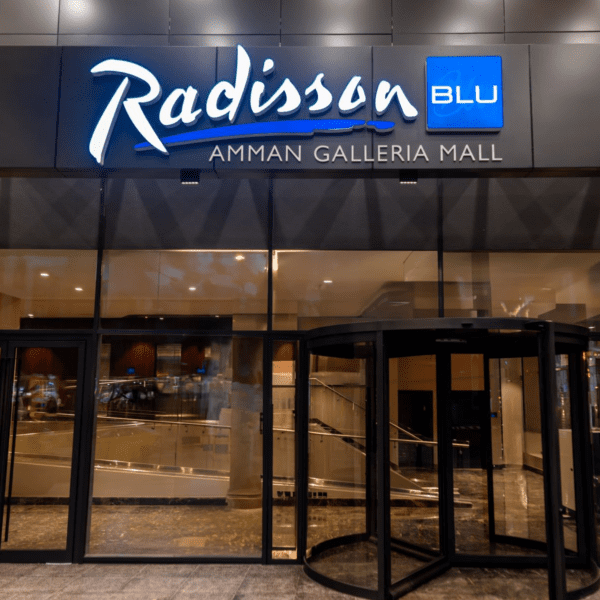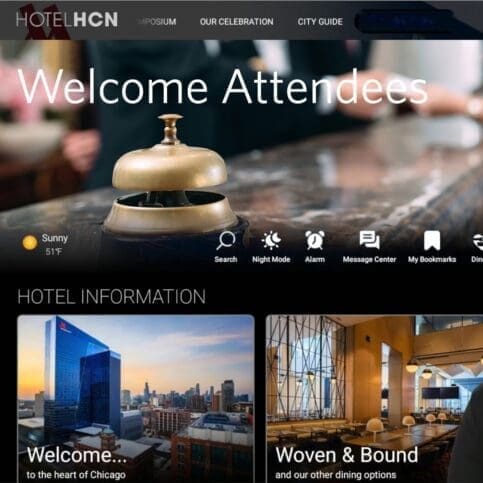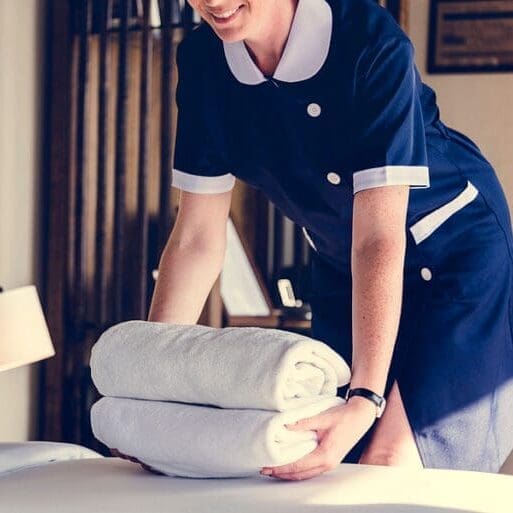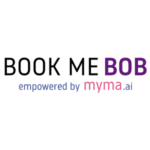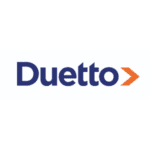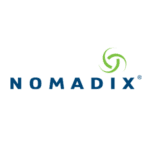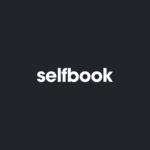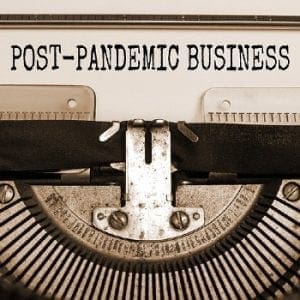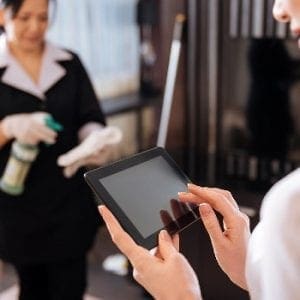 The hospitality sector has been hard hit by the COVID-19 pandemic as we saw hotels around the world forced to close their doors for an uncertain and extended period of time. Hotels have used lockdown to prepare for reopening, taking into account new protocols and cleaning procedures so that guests and employees are confident to return.
The hospitality sector has been hard hit by the COVID-19 pandemic as we saw hotels around the world forced to close their doors for an uncertain and extended period of time. Hotels have used lockdown to prepare for reopening, taking into account new protocols and cleaning procedures so that guests and employees are confident to return.
However, the path ahead is not going to be smooth. Our recent research shows that the average guest departure room cleaning time has increased by around 11% overall, and where guests have received stayover cleans the cleaning time increases by around 35%. Therefore, operations teams are faced with a complex challenge as more is required from staff to meet the new requirements, whilst costs must be cut wherever possible as hotels expect to run at lower than average occupancy levels for the near future.
So, what challenges do hotels face and how can they prepare for the road ahead?
Managing the elasticity of demand
The fluctuating numbers in occupancy has and will be one of the hardest challenges for hotel managers. The unpredictable nature of travel at the moment and guest confidence and numbers means that hotels need to prepare for both low occupancy and peaks of high occupancy.
One of our customers, Craig Coughlin, CEO of LUXXE highlighted how this has been a real challenge across parts of Australia during the school holidays. Craig said, “At the start of July, the school holidays brought with it a totally unexpected spike in occupancy, notably in Canberra where the numbers shot from 20% to 80% for the 2-week duration. This peak was not predicted, and the hotels had to scramble to assemble their teams and facilities to accommodate the extra guests, and to cater for them at the right standard. Following the holiday, the occupancy rate has now gone back down to 17% for Canberra, and the hotels have had to readjust operations to match this.”
Helping teams to adapt to the new world order
Most employees in the hospitality industry are in this job because of the interactive and people centred nature of it. Many employees pride themselves on providing stellar customer service and going above and beyond for guests to ensure they feel welcome and enjoy their stay. Now they are faced with maintaining this level of service, but at a distance and must manage guests’ own levels of comfort. For example, guests may now want to be disturbed less in order to maintain social distancing. Additionally, face masks hide the usual friendly and welcoming smiles of staff and adapting to this new normal has been challenging.
Within hotel departments and teams, there have also been distinct changes as housekeeping teams are used to meeting at the start of the day to assign and discuss tasks and make note of any special requests. In the ‘new normal’, hotels are having to rely on other forms of communications from a distance whilst maintaining higher standards of cleaning and service but with less contact. The usual face-to-face training has also had to be adapted so that everything is done online, all of which are a pivot from the traditional process for our industry.
Embrace technology to manage these complexities
Investment in the right technology is what will potentially make the difference for hotels in the new normal. We have seen how the industry has responded to the need for higher cleaning and hygiene standards, investing in PPE and effective cleaning solutions. Now as we enter the next phase of the pandemic hotels need to look to technology to help assess what has been working and what needs to change.
When it comes to the unpredictable nature of occupancy levels, technology will play a crucial role in providing a full picture of operations across all departments. Hotel managers need to be able to quickly and reliably see how long cleaning across rooms is taking and where this can be cut back or increased to meet the right standards. By equipping managers with this information, they can then make the necessary decisions based on patterns and feedback on where to mitigate additional costs for long-term success.
There are number of technological solutions which will provide operations managers the tools they need to communicate effectively with teams in various departments. Craig said, “Communication amongst the team is absolutely crucial and we had to find a way to replace the traditional in person processes. By moving things onto an app, we have enabled teams to easily share pictures of rooms that need cleaning or tasks that need special attention across all different departments so that we can quickly react. We can also shift our training to online platforms so that we are ensuring all of our staff are up to date with all of the new protocols.”
It is not an understatement to say that the operational complexities hotels face will be difficult. No one person has the perfect solution for what is needed, as the path ahead is still unknown, and hotels are having to adapt at record speeds to stay operational. However, I am optimistic that by working together as an industry we can come together to find tools and solutions for challenges as we face them. Each success, whether small or large, must be celebrated and by staying open and transparent with employees and guests, I believe we will be able to effectively embrace the new working environment.
About the author

A housekeeping evangelist, Soenke Weiss is the Founder and Chief Strategy Officer of Optii Solutions. His passion for housekeeping management combined with a revenue management background has driven Soenke to create the world’s first and only housekeeping software solution focused on management of labour resources to drive profitability and guest experience.








